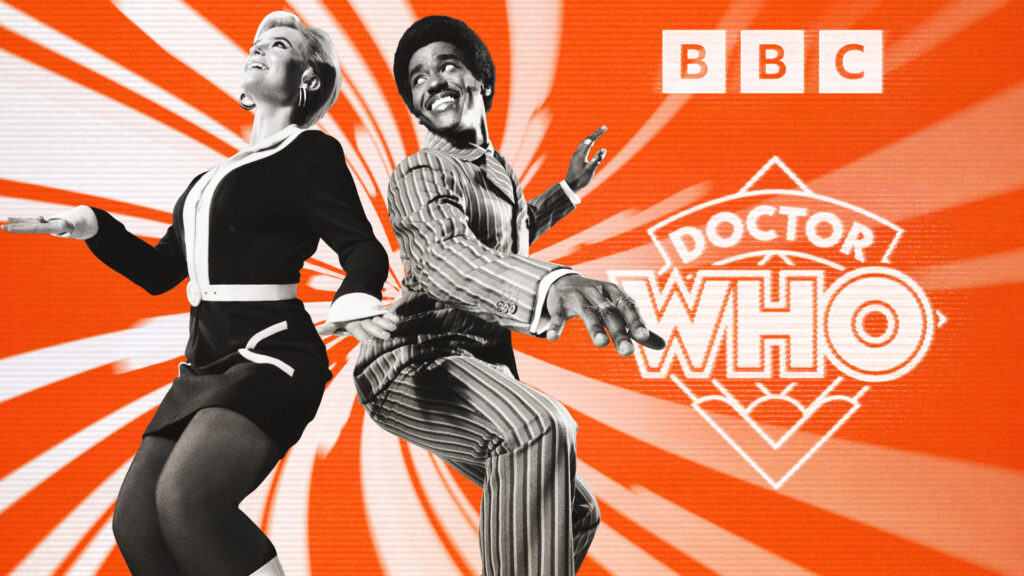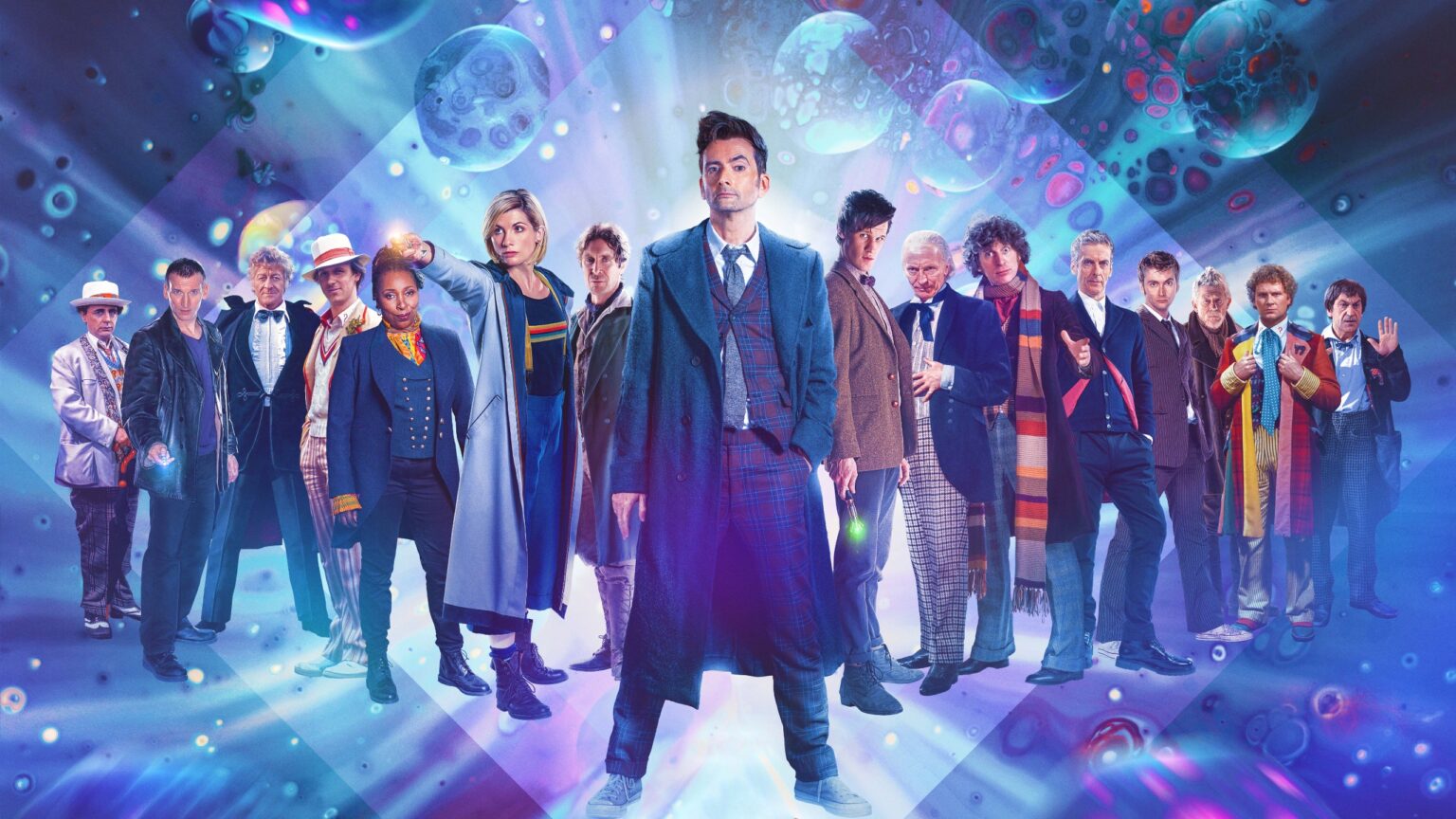The BBC says it has stopped using AI to promote Doctor Who and does not plan to do so again after it faced a backlash from fans of the popular television program.
The broadcaster used AI “as part of a small trial” to create text for two marketing emails and mobile push notifications to advertise Doctor Who, a science-fiction series aired by the BBC for 60 years.
A human checked and cleared the text for the promo, the BBC says in a statement posted to its official complaints forum, but die-hard fans of the series still complained about the use of generative AI.
Also read: BBC’s Doctor Who and Top Gear Coming to the Sandbox Metaverse
‘No plans for AI use again’
“As part of a small trial, marketing teams used generative AI technology to help draft some text for two promotional emails and mobile notifications to highlight Doctor Who programming available on the BBC,” the official statement reads.
“We followed all BBC editorial compliance processes and the final text was verified and signed-off by a member of the marketing team before it was sent.”
“We have no plans to do this again to promote Doctor Who,” it added.
Doctor Who is a science-fiction series broadcast by the BBC for six decades. The program shows the adventures of a Time Lord called “the Doctor,” a scientist from a distant planet, who travels through time and space in a shop known by the acronym TARDIS.
In its statement, the BBC did not reveal the number of complaints it received from viewers nor specific details of what they complained about. The new season of Doctor Who will launch in May on BBC and, for the first time, Disney+.
The decision to ditch artificial intelligence comes just weeks after the public broadcaster announced plans to experiment with the nascent technology in promoting Doctor Who and other programs.
BBC head of media inventory David Housden told reporters earlier this month that, “generative AI offers a great opportunity to speed up making the extra assets to get more experiments live for more content that we are trying to promote.”
“There’s a rich variety of content in the Whoniverse collection on iPlayer to test and learn with, and Doctor Who thematically lends itself to AI, which is a bonus,” he added, as reported by Gizmodo.

Upending the market
The BBC’s use of AI is part of a deliberate strategy by the firm to tap into emerging technologies. In 2023, the broadcaster brought Doctor Who and the car show Top Gear to the Sandbox metaverse.
However, generative AI, a type of the technology that can generate text, video and pictures from a simple prompt, is causing massive headaches for the film industry, particularly in Hollywood.
In February, Tyler Perry halted the $800 million expansion of his studio in Atlanta, U.S. over concerns about OpenAI’s new AI model, Sora, which creates ‘realistic’ videos from text prompts.
The billionaire planned to add 12 sound stages to his studio complex, but says “all of that [work] is currently and indefinitely on hold because of Sora and what I’m seeing.”
Last year, writers and actors in Hollywood went on a strike that lasted five months. Writers were worried AI could take their jobs, and actors feared being replaced by the technology on set.
The strike ended with an agreement between studio owners and workers, but people like Perry are still concerned about the harm that newer technology like Sora could have on the film ecosystem.
A recent study to predict the impact of artificial intelligence on the film industry found that up to 240,000 jobs could be lost.









 and then
and then